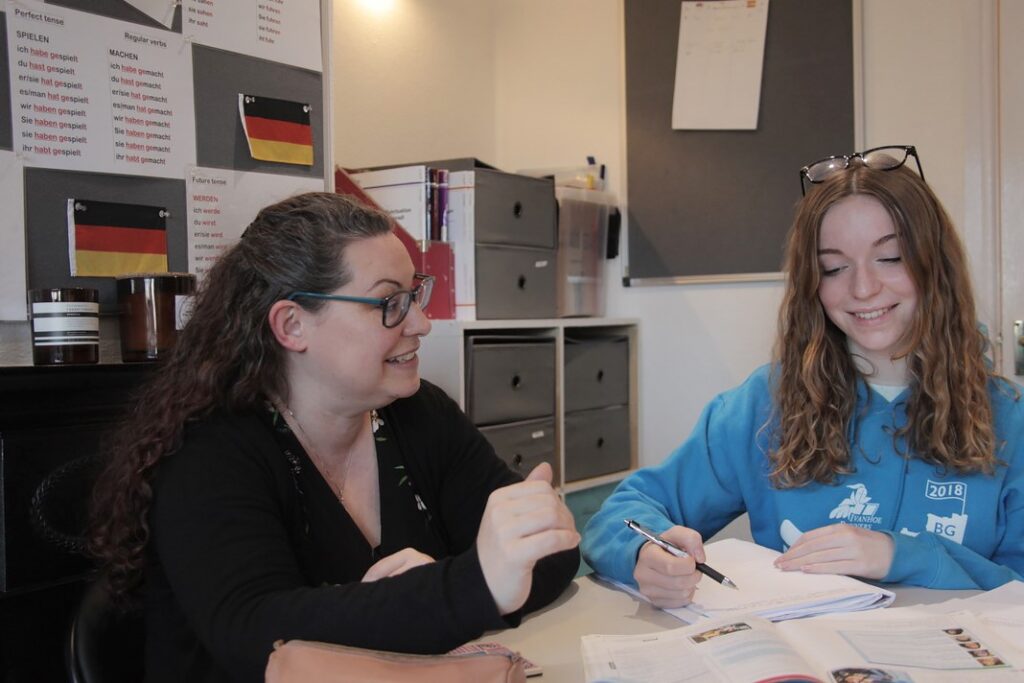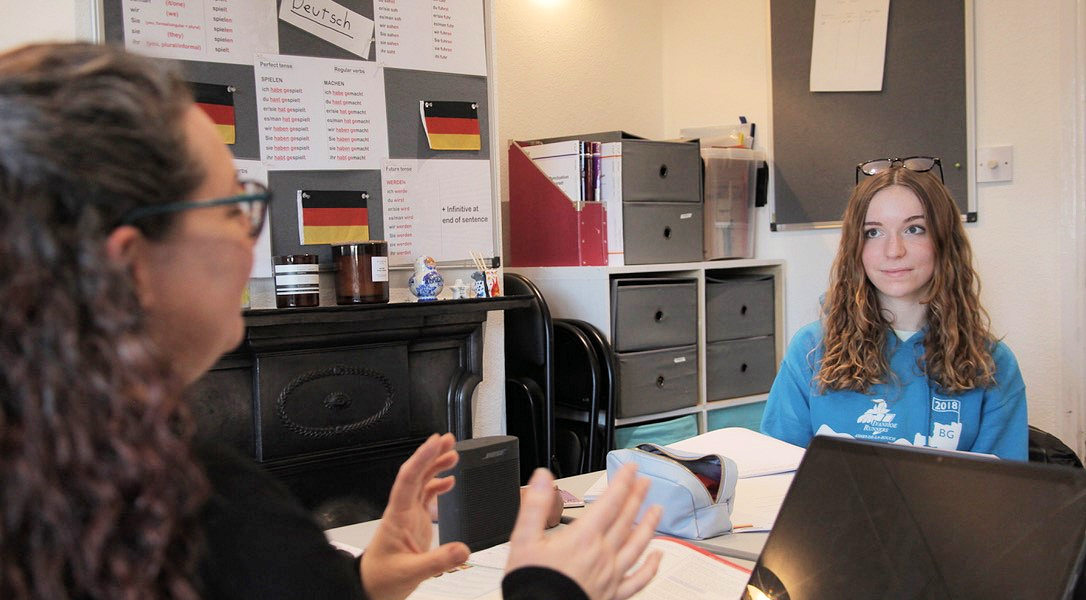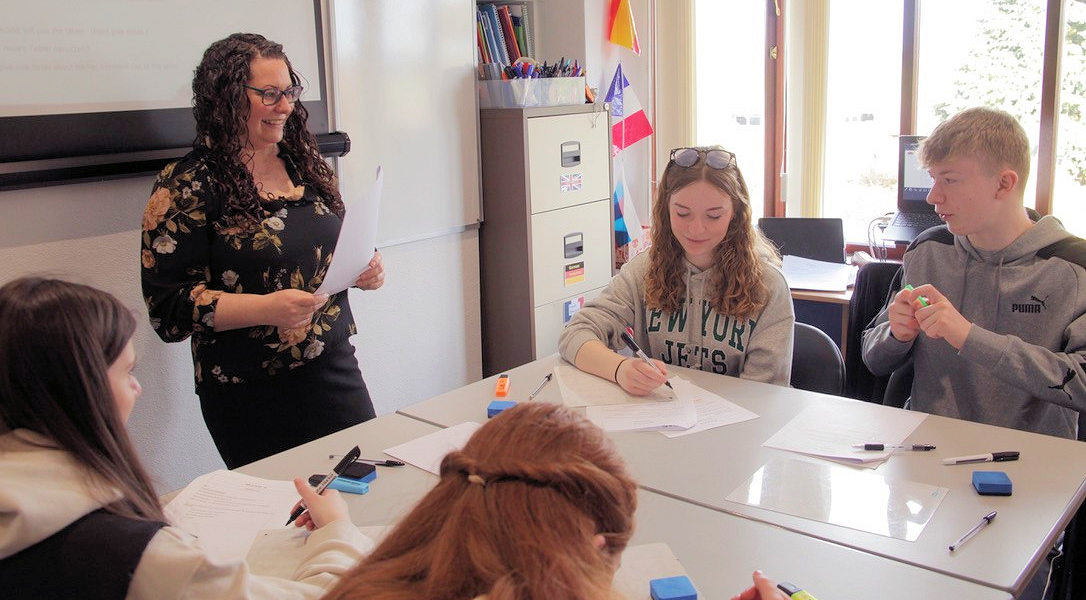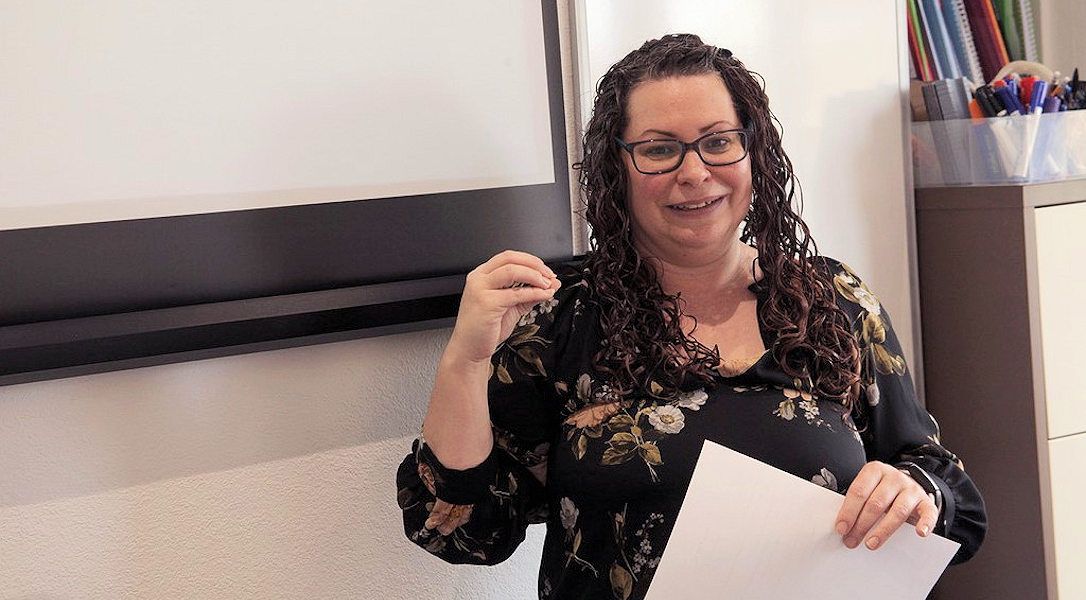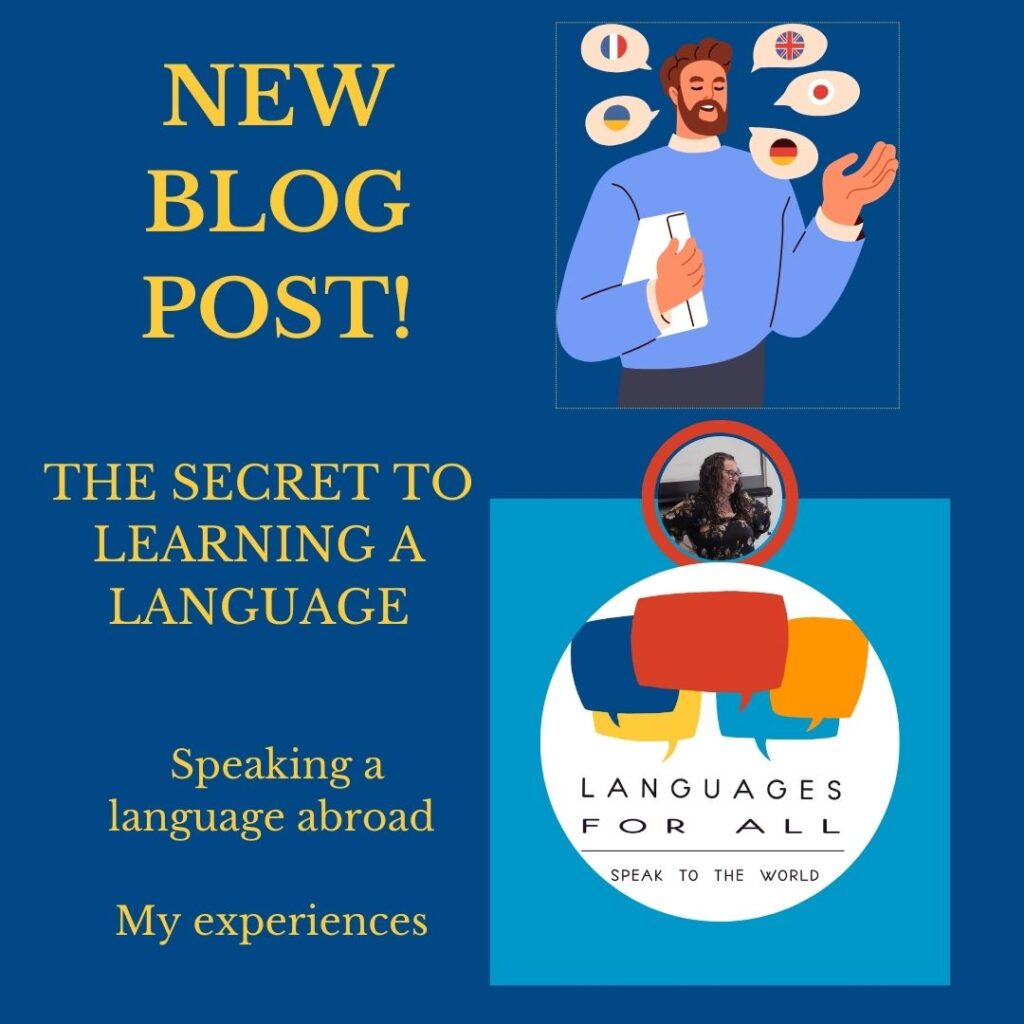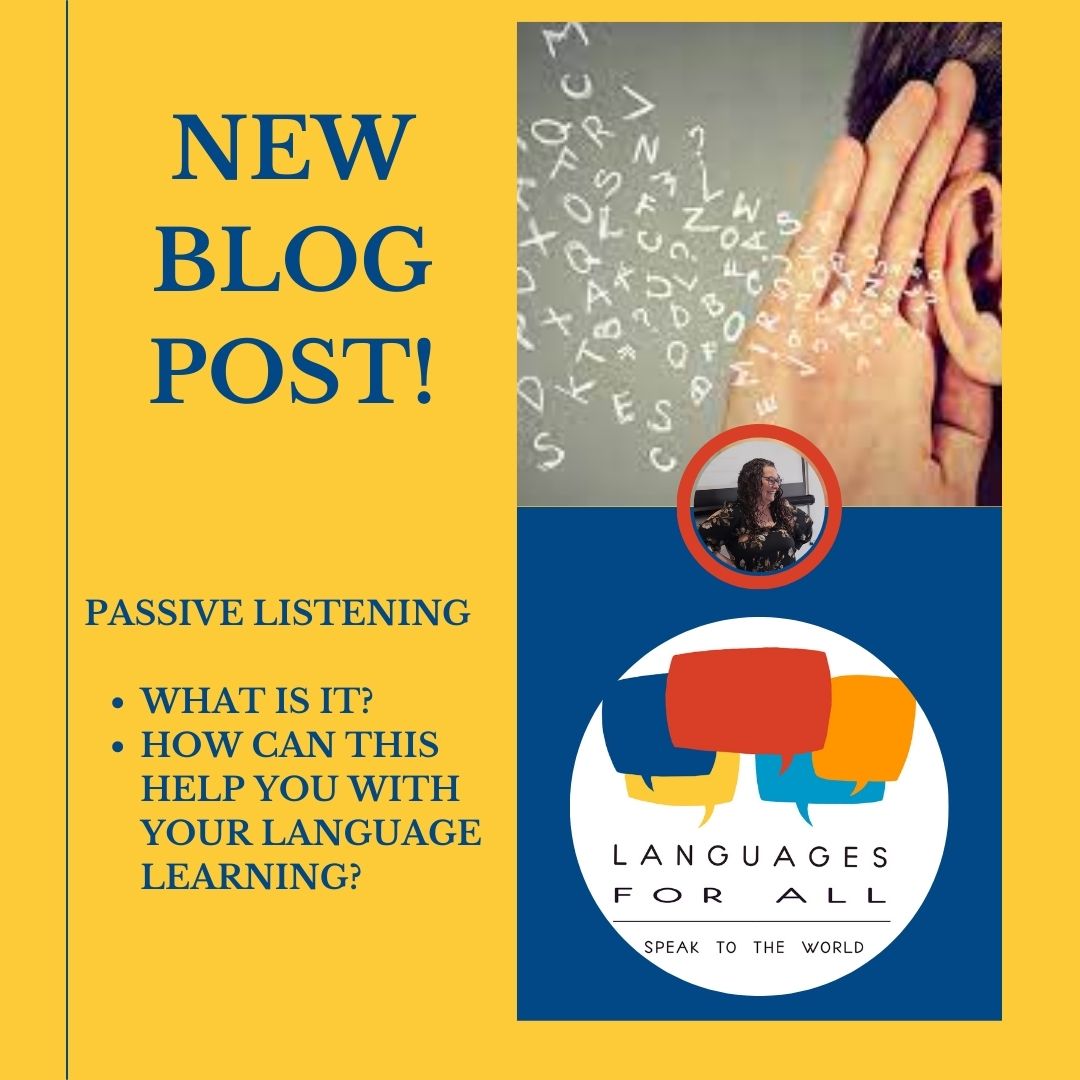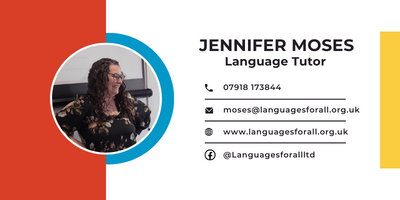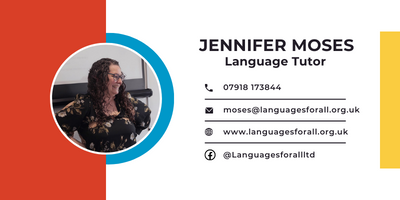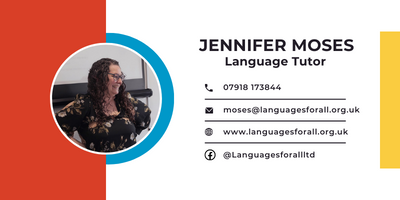So, what actually is Speaking Test Season?
For me it is the time of year, when all languages teachers are preparing their students to take their speaking tests and preparing themselves to conduct them. A lot of work goes into ensuring these tests are correctly administered and that all students are given their opportunity to shine. I take my hat off to all languages teachers who navigate this tricky and unique test, as it is not easy!
For many students, this may not yet have entered their minds. It is still a long way off (the speaking test window this year starts on 2nd April), however, starting now can make all the difference to succeeding or failing in this challenging test.
Speaking tests are unlike any other form or exam that students will sit at GCSE and A-level. They are conducted one-to-one and recorded. There is a mix of unseen and prepared in advance tasks and crucially, it is all ‘in the moment’. With a written test, a student can read back over what they have written and make adjustments. They can stop and think about what they have written and what to write next. In a speaking test, it all takes place right there, right then.
There is no doubt that this is a nerve-wracking experience for many. I remember the nerves I felt before every one of my speaking tests, from GCSE right up to my degree finals. How did over come these nerves? Well, I’m not sure I actually ever did completely, but I went into every speaking test as prepared as I could, so that when I started, I gave myself the best chance of success (it worked by the way!)
So, how can your child be the best prepared they can possibly be for this test? Here’s my list of fail-safe tips to achieve success in the GCSE Speaking Test:
- Start preparing answers to your general conversation questions NOW (if you haven’t already done so!)
- Make sure you have answers in three time frames (past, present and future)
- When writing your answers, try to expand as many as possible (if you are aiming for grades 7-9), some at least (if you are aiming for grades 4-6)
- Make sure that you strike a balance between having enough detailed, extended answers and having answers that you are able to memorise and reproduce in an exam style setting.
- Ensure you include some complex languages, if you are aiming for a higher grade (for more suggestions of this you can download my free resource below).
- Ensure you have a question on your chosen theme to ask your teacher in the test.
- Once you have prepared these answers ask your teacher to check them through.
- Look at sample role-plays and photo cards and practise them with a friend.
- Look at question words to help you navigate the questions you have to ask and the unseen questions on these tasks.
- Learn your answers. Read them, re-write them as much as you like, but ensure you speak them out loud!
If you feel you need more information on any of the above or your child needs support in acting on these tips, then get in touch and book some lessons with one of our tutors.
We offer a range of possible lessons:
1-2-1 lessons allow us to tailor every lesson to suit the needs of each learner. (Lessons cost £40 per student per hour)
2-2-1 provides great opportunity to practise speaking with a friend or fellow student. (It also works out cheaper for you, at £25 per student per hour!)
Small groups of 3 or 4 students provide opportunities to bounce ideas off others and gain their perspectives and support, all under the guidance of an experienced language tutor. (Plus, it works out even cheaper again for you at £20 per student per hour!)
